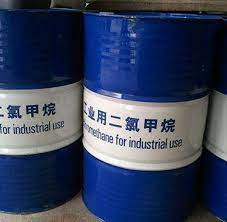Chemical Compounds And The Elements
Chemical compounds are made up of two or more different elements, which are all originally made from one or more atoms. In the article, we will take a look at how different chemical compounds were formed and their makeup. So, for example, what makes the chemical element carbon so special?
What is a chemical compound?
A chemical compound is a substance that is made up of two or more atoms. These atoms in the compound can come from different elements and the compound itself can be either a solid, liquid, or gas. The compound's properties depend on the elements it contains. For example, a compound that has hydrogen and oxygen as its elements will be a gas with water vapor being one of its physical properties.
The element hydrogen can only form compounds with other elements at every level of Group 1 (Halogens, Halides, Radicals).
Types of chemicals
There are many types of chemicals, most created by humans. There are also numerous elements that can create and be found in these chemicals. Many of the living things on Earth contain these elements, which come from the soil and water around them. These compounds are released into the atmosphere through human activities, like burning fossil fuels or fertilizing crops.
How does it interact with elements?
When an element reacts to chemicals, elements form compounds. For example, when hydrogen gas reacts with chlorine gas, it forms hydrochloric acid. If the compound forms a gas or liquid, the reaction is exothermic, meaning that heat is released as work goes into forming the substance.
Conclusion
While it may be possible to understand how certain chemical compounds are formed, it is more difficult to figure out how elements are created. The most common way for an element to form is through nuclear fusion, which happens when a star explodes. Neutrons in the gas form atoms and electrons with the protons that make up the star's core. While these atoms break apart into smaller pieces and move away from each other, they eventually fuse back together.



Comments
Post a Comment